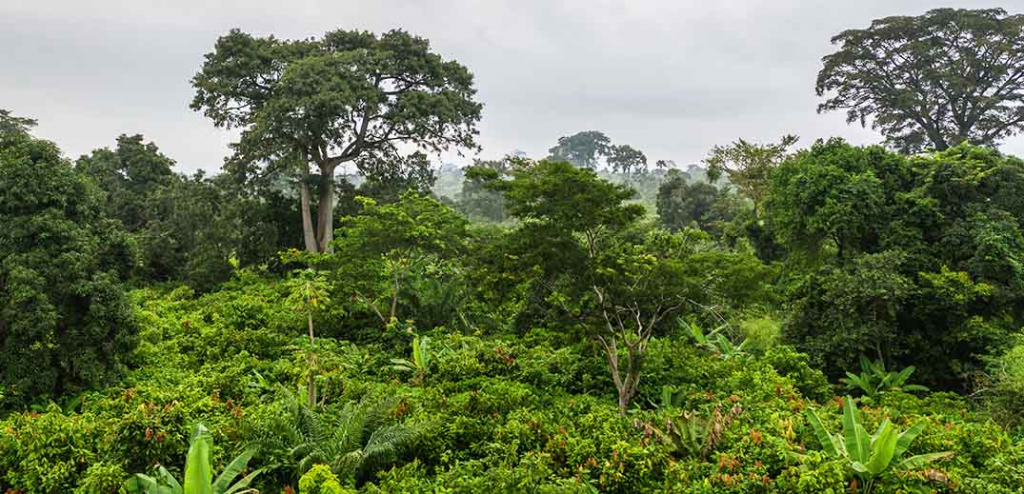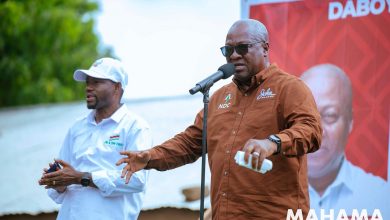
John Allotey, CEO of the Forestry Commission, has emphasized the need for robust natural capital accounting processes in the forestry sector to fully reveal its economic impact.
He highlighted that approximately 1.6 billion people worldwide rely directly on forests for their livelihoods, with their importance to Ghanaian communities being particularly significant.
Speaking at a policy dialogue on the forestry sector’s economic contribution and sectoral linkages to the national economy, Mr. Allotey stressed the necessity of acknowledging how the forestry sector interacts with other economic sectors.
He noted that these connections are often overlooked due to challenges such as high informality, inadequate reporting, and a lack of detailed data.
Mr. Allotey urged stakeholders to focus on the extensive economic research of sustainable forestry value chains, which can promote development and deliver both environmental and socioeconomic benefits to society.
“The Forestry sector provides the right microclimate for the production of tree crops and foodstuff in Ghana such as cocoa. Forests are also the livelihood for forest-fledged communities that derive various benefits from non-timber forest products,”
However, in the absence of holistic natural capital accounting processes, the true essence of the economic impact of forests is often unreported leaving many of whose contributions invisible to the broader economic priority of our country. It is within this context, that we have assessed of these benefits in Ghana,” Mr. Allotey said.





